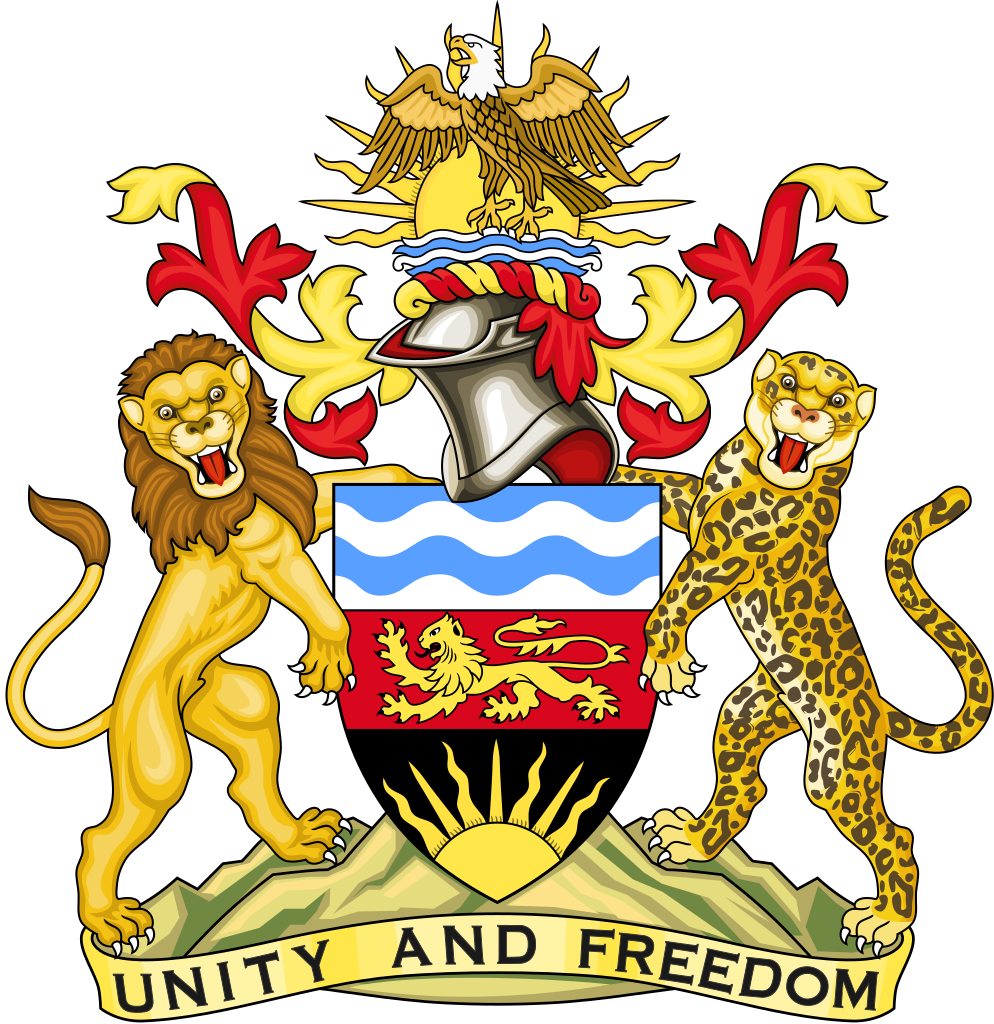
History
The first inhabitants of Malawi are thought to have started settling around Lake Malawi about 10,000BC. During the 16th century there was a vast trading empire established by the Maravi people from whom the country derives its modern name.
The first inhabitants of Malawi are thought to have started settling around Lake Malawi about 10,000BC. During the 16th century there was a vast trading empire established by the Maravi people from whom the country derives its modern name. The first European to make contact with the area now known as Malawi may have been the Portuguese explorer Gaspar Bocarro, whose diary published in 1492 made reference to the great inland lake in central Africa. The slave trade which ravaged most of Africa from 16th Century to the 19th Century also left its imprints on Malawi’s historical development. The Arab slave traders arrived on the shores of Lake Malawi from Zanzibar Island in the Indian Ocean in search of slaves sometime after 1840 and continued until 19th Century.
The history of modern Malawi is linked with the life of the Scottish missionary explorer, David Livingstone (1813 to 1873) who reached the lake he named ‘Lake Nyasa’ in 1859. Following his appeal to other missionaries to come and fight the slave trade in Central and East Africa, the first missionary expedition of the Universities Mission to Central Africa (UMCA) arrived in Malawi in 1861. However, it was not until 1875 that the first permanent mission station was established at Cape Maclear on Lake Malawi by the Free Church of Scotland.
In 1876, Blantyre Mission was established. This is one of the main seats of what is now known as the Church of Central Africa Presbyterian (CCAP). In 1884, the first European trading station was established in Karonga, Malawi’s northeast point.
In 1891, the British Government declared a Protectorate over what was then known as Nyasaland Districts. This was later changed, in 1893, to the British Central Africa Protectorate and later Nyasaland Protectorate in 1907. The political struggle against British rule in Nyasaland, where the Africans were subjected to many unfair practices, reached its peak with the uprising in 1915 led by John Chilembwe who is considered the father of Malawi’s nationalism and hailed from Chiradzulu district.
Although the uprising was not successful, the Africans’ dislike of the British rule continued and, in 1944, the Nyasaland African Congress—later changed to Malawi Congress Party under the leadership of Dr. Hastings Kamuzu Banda in 1959—was formed to mobilize the people to fight for their rights and ultimately achieve independence from Britain.
In 1953, the Federation of Rhodesia and Nyasaland was formed despite African opposition. This meant that the British Government had virtually transferred its protectorate responsibility over Nyasaland to the white settlers of Southern Rhodesia. But the African resistance to the federation, forced the British to shelve the idea. Constitutional talks for Malawi’s independence were later held at Lancaster House in London in July 1960 after which Nyasaland was allowed a Legislative Council. Nyasaland became an independent state of Malawi on July 6, 1964. Two years later, the country became a Republic, with Dr. Hastings Kamuzu Banda as the first President. This was also the year that Malawi became, by act of Parliament, a one party state.
After three decades of one-party rule under President Hastings Kamuzu Banda, the country held multiparty elections in 1994, under a provisional constitution, which came into full effect the following year.